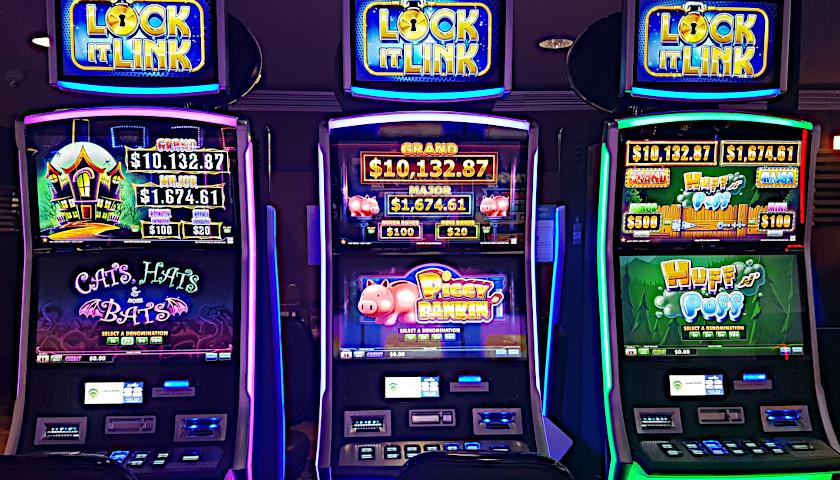by Christina Lengyel
Corner stores, malls, and independent businesses that dabble in the unregulated gray area between games of skill and chance may soon find themselves facing stricter — or clearer — guidance from legislators.
The Democratic Policy Committee in Radnor this week to discuss the proliferation of skill games across Pennsylvania.
Skill-based games are distinct from slot machines within current gaming legislation, which emphasizes the nature of the games themselves. Slot machines, which were first legalized within the state in 2004, are games of luck or chance and under the oversight of the Pennsylvania Gaming Control Board.
Skill games, on the other hand, offer the potential to win money relative to a person’s ability to master the game, creating the window that has allowed them to pop up in locations outside the tightly controlled and licensed establishments that currently host legal gambling opportunities.
Jeff Morris, vice president of public affairs and government relations for PENN Entertainment, which owns and operates four Hollywood Casino locations across the state, spoke out against the machines, citing their potential for abuse.
“These operators and their machines provide zero protections for anyone,” stated Morris, emphasizing the absence of consumer protection for compulsive gambling and underage users. “Even more alarming is the criminal activity that these machines draw into the communities in which they are placed.”
Meanwhile, representatives of the coin-operated amusement industry argue that skill games can be a lucrative opportunity for the state with proper legislation.
Del Guerrini, president of The Pennsylvania Amusement and Music Machine Association, noted that pending legislation would levy a 16 percent tax on these machines – the same tax paid on casino games –and would generate $300 million for the state in the first year.
“The proposed regulations are stringent, requiring testing, registration, enforcement, and accountability,” he said. “They also mandate the number of games allowed in different locations to prevent the emergence of mini casino-like environments.”
Kevin O’Toole, executive director of the Pennsylvania Gaming Control Board, made clear that those operating skill-based machines are not currently violating any laws or evading taxes, but he noted the concerns posed by lack of regulation and the missed opportunity for the state to receive revenue from the operations.
O’Toole said that if the games were legalized and regulated, they would be put under his board’s oversight, stating they were the “only agency with the ability and experience to regulate slot machine activity.”
Pennsylvania would not be the first state to take aim at this type of gaming. Virginia and, recently, Kentucky have passed laws banning skill games, earning praise from both worried constituents and the gaming industry. Businesses have immediately filed suits questioning the legality of the bans, citing a monopolization on gambling from that state’s dominant horse racing industry.
– – –
Christina Lengyel is a contributor at The Center Square.
Photo “Video Poker” by Lauren.ianson CC4.0.





